Overview
Businesses are always looking for methods to stay ahead of the competition and make wise decisions in the fast-paced business world of today. Predictive analytics is one of the most effective tools they have. Local and global businesses are increasingly leveraging predictive analytics in UAE market research to anticipate market shifts, forecast demand, and improve strategic planning. This data-driven approach not only enhances decision-making but also provides businesses with a competitive edge in a rapidly changing market.
Anticipating Market Shifts with Predictive Analytics
The capacity to foresee changes in the market is among the most significant applications of predictive analytics in UAE market research. By analyzing historical data, consumer behavior, and external factors such as economic trends, businesses can forecast upcoming changes in the market and adapt their strategies accordingly. For example, retailers in the UAE are using predictive models to monitor purchasing patterns, seasonal demand changes, and even geopolitical events that might affect consumer behavior.
A real-life example can be seen in the UAE’s real estate sector, where companies are utilizing predictive analytics to track property demand trends. By analyzing factors like population growth, urban development, and even international migration patterns, real estate firms can better understand future demand for residential and commercial properties. This allows them to strategically invest in developments, anticipate price shifts, and target the right buyers or renters.
Forecasting Demand to Optimize Supply Chains
Forecasting demand is another critical area where predictive analytics has proven invaluable for businesses in the UAE. By leveraging advanced algorithms and machine learning, companies can analyze historical sales data, customer behaviors, and market conditions to forecast future demand more accurately. This not only helps businesses avoid overproduction or stock shortages but also optimizes their supply chains.
For instance, Majid Al Futtaim, a leading retail and leisure pioneer in the UAE, uses predictive analytics to forecast demand across its diverse portfolio of retail outlets. This data-driven approach enables the company to manage inventory effectively, reduce waste, and ensure the right products are available in the right stores at the right time. By anticipating customer needs, they have significantly improved operational efficiency and customer satisfaction.
Enhancing Strategic Planning with Data-Driven Insights
Strategic planning has become more precise and informed thanks to predictive analytics in UAE market research. Whether it’s market entry strategies, product development, or marketing campaigns, companies can make decisions based on data-backed predictions rather than guesswork. Predictive models analyze trends, consumer behavior, and competitive landscapes to help businesses develop forward-looking strategies that maximize opportunities while mitigating risks.
In the hospitality industry, for example, hotel operators in the UAE are utilizing predictive analytics to optimize pricing strategies. By analyzing factors like booking patterns, local events, and competitor pricing, hotels can dynamically adjust room rates to maximize occupancy and profitability. Predictive analytics has also been instrumental in helping hospitality businesses navigate post-pandemic recovery by forecasting travel trends and adapting their offerings to meet evolving consumer demands.
The Future of Predictive Analytics in UAE Market Research
As the UAE continues to embrace digital transformation, the use of predictive analytics in market research is set to grow even further. With advancements in artificial intelligence (AI) and machine learning, predictive models will become more accurate, enabling businesses to make even more informed decisions. This will be especially important as industries such as e-commerce, tourism, and healthcare continue to expand in the UAE.
The UAE’s commitment to becoming a global hub for innovation makes predictive analytics an essential tool for businesses that want to stay competitive. By utilizing these tools, companies can not only forecast future trends but also create strategies that align with the country’s broader goals for economic diversification and sustainability.

